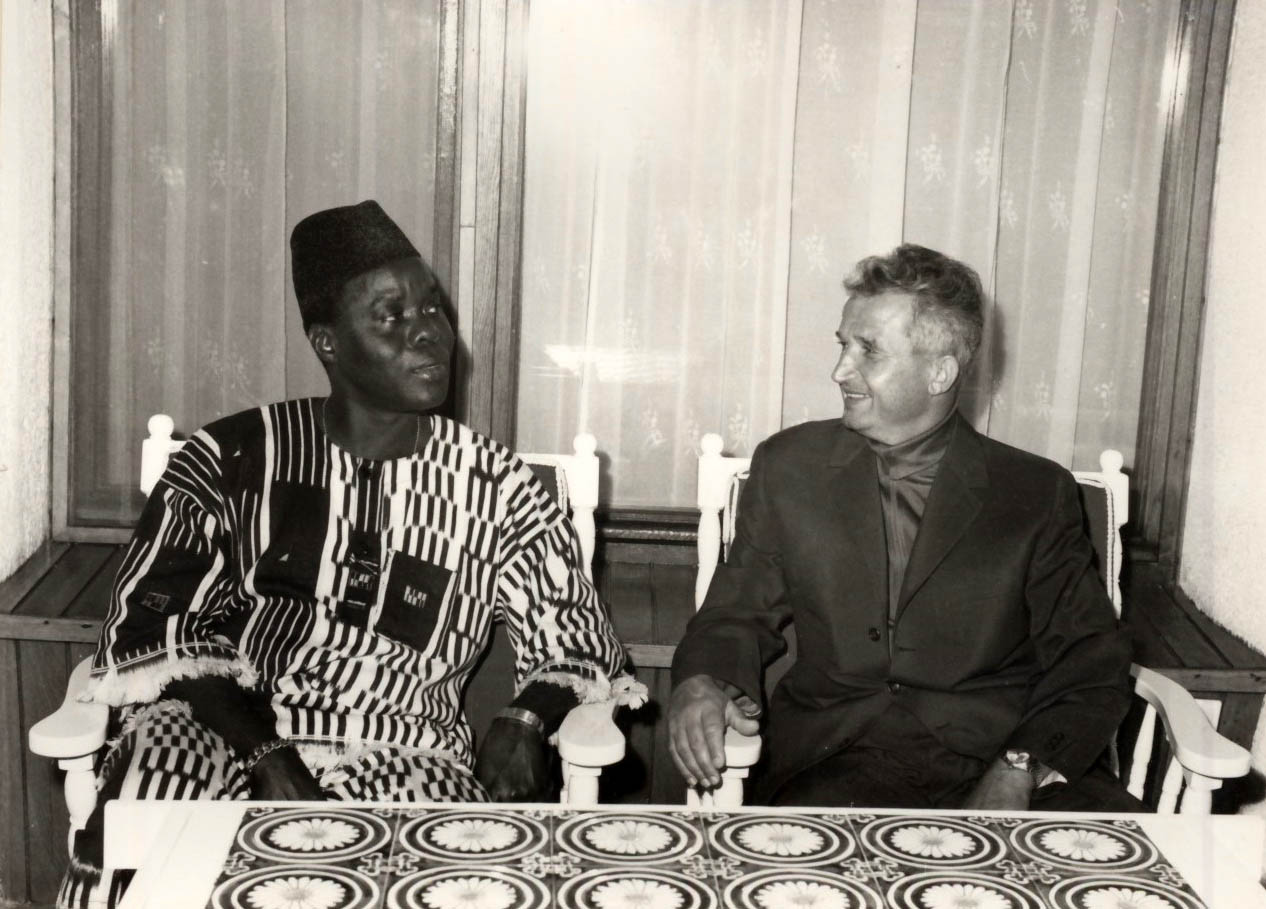|
African Movement For Development And Progress
The African Movement for Development and Progress (french: Mouvement africain pour la développement et le progrès, MADEP) is a political party in Benin created in 1997. In the legislative elections held on 30 March 2003, the party was part of the Presidential Movement, the alliance of supporters of President Mathieu Kérékou, who had won the 2001 presidential election, and won nine out of 83 seats.IPU PARLINE page for 2003 parliamentary election . , African Elections Database. The President of MADEP is Séfou Fagbohoun, a wealthy businessman. A leading member of the party, [...More Info...] [...Related Items...] OR: [Wikipedia] [Google] [Baidu] |
Political Party
A political party is an organization that coordinates candidates to compete in a particular country's elections. It is common for the members of a party to hold similar ideas about politics, and parties may promote specific political ideology, ideological or policy goals. Political parties have become a major part of the politics of almost every country, as modern party organizations developed and spread around the world over the last few centuries. It is extremely rare for a country to have Non-partisan democracy, no political parties. Some countries have Single-party state, only one political party while others have Multi-party system, several. Parties are important in the politics of autocracies as well as democracies, though usually democracies have more political parties than autocracies. Autocracies often have a single party that governs the country, and some political scientists consider competition between two or more parties to be an essential part of democracy. Part ... [...More Info...] [...Related Items...] OR: [Wikipedia] [Google] [Baidu] |
Benin
Benin ( , ; french: Bénin , ff, Benen), officially the Republic of Benin (french: République du Bénin), and formerly Dahomey, is a country in West Africa. It is bordered by Togo to the west, Nigeria to the east, Burkina Faso to the north-west, and Niger to the north-east. The majority of its population lives on the southern coastline of the Bight of Benin, part of the Gulf of Guinea in the northernmost tropical portion of the Atlantic Ocean. The capital is Porto-Novo, and the seat of government is in Cotonou, the most populous city and economic capital. Benin covers an area of and its population in was estimated to be approximately million. It is a tropical nation, dependent on agriculture, and is an exporter of palm oil and cotton. Some employment and income arise from subsistence farming. The official language of Benin is French, with indigenous languages such as Fon, Bariba, Yoruba and Dendi also spoken. The largest religious group in Benin is Sunni Isl ... [...More Info...] [...Related Items...] OR: [Wikipedia] [Google] [Baidu] |
Legislative
A legislature is an assembly with the authority to make laws for a political entity such as a country or city. They are often contrasted with the executive and judicial powers of government. Laws enacted by legislatures are usually known as primary legislation. In addition, legislatures may observe and steer governing actions, with authority to amend the budget involved. The members of a legislature are called legislators. In a democracy, legislators are most commonly popularly elected, although indirect election and appointment by the executive are also used, particularly for bicameral legislatures featuring an upper chamber. Terminology The name used to refer to a legislative body varies by country. Common names include: * Assembly (from ''to assemble'') * Congress (from ''to congregate'') * Council (from Latin 'meeting') * Diet (from old German 'people') * Estates or States (from old French 'condition' or 'status') * Parliament (from French ''parler'' 'to speak ... [...More Info...] [...Related Items...] OR: [Wikipedia] [Google] [Baidu] |
Elections In Benin
Elections in Benin take place within the framework of a multi-party democracy and a presidential system. Both the President and the National Assembly are directly elected by voters, with elections organised by the Autonomous National Electoral Commission (CENA). Electoral history In 1926 three elected seats were created on the Administrative Council. Elections with a severely limited franchise were held in 1925, 1928, 1932, 1934 and 1936. Following World War II, the territory began to elect members to the French National Assembly. The first of these elections took place on 21 October 1945, with Dahomey and neighbouring Togo combined into a single constituency. Two MPs were elected using separate electoral colleges for French citizens and Africans. A by-election was held in February 1946 after one of the two elected MPs died in December 1945, with a second full election for the combined constituency held in June 1946. By the November 1946 elections, Dahomey had become a si ... [...More Info...] [...Related Items...] OR: [Wikipedia] [Google] [Baidu] |
Mathieu Kérékou
Mathieu Kérékou (; 2 September 1933 – 14 October 2015) was a Beninese politician who served as President of Benin from 1972 to 1991 and again from 1996 to 2006. After seizing power in a military coup, he ruled the country for 19 years, for most of that time under an officially Marxist–Leninist ideology, before he was stripped of his powers by the National Conference of 1990. He was defeated in the 1991 presidential election but was returned to the presidency in the 1996 election and controversially re-elected in 2001. Military background Kérékou was born in 1933 in Kouarfa village,"Après 29 ans de pouvoir, le Président Kérékou tire sa révérence" IRIN, 6 April 2006 . in north-west [...More Info...] [...Related Items...] OR: [Wikipedia] [Google] [Baidu] |


